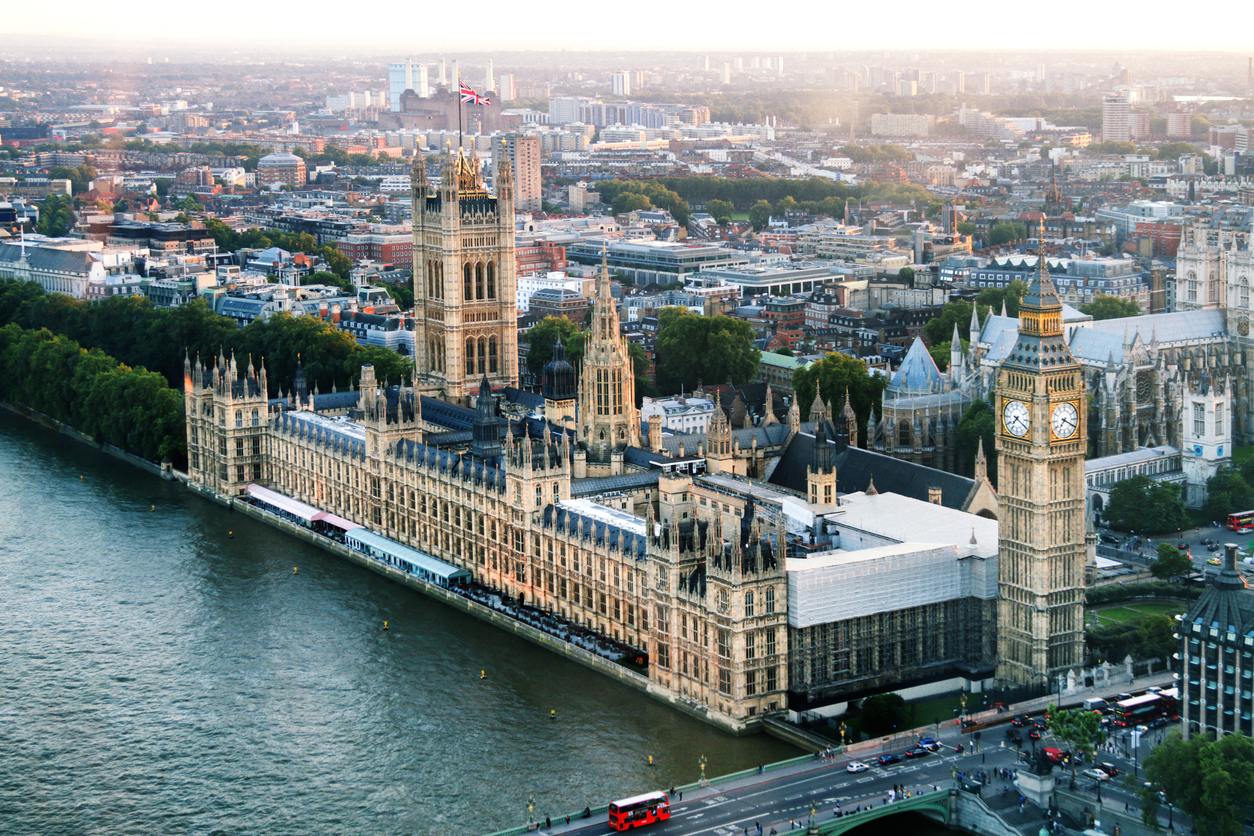Why are houses so expensive in London?
The high cost of property in London has become nearly a national scandal, with politicians and local residents decrying the spiralling cost of homes there, particularly all the flats and houses, often left vacant, used as investments and piggy banks for the world’s 1%.
Although Brexit uncertainties have cooled the housing market in inner London to a certain extent, mostly depressing the luxury sector, in some areas by up to 25%, London property remains exorbitant, out of reach of even those earning the average London salary of £37,078. As of November 2018, the average house price in London is £472,901, down 0.7%, but still more than double the UK’s average of £230,630. And young people especially are feeling the pinch: the number of first-time buyers in London has tumbled 26% in a decade, and the average age of first-time buyers has climbed to 34 in some London boroughs.
But why are London property prices so expensive? As you despair about ever earning enough to buy a home within the M25 and sadly compare mortgages for properties in Hull and all those other places off the tube map, we’ll run down the reasons:
- Limited supply
Across the UK, house building hasn’t kept pace with population growth, and the situation is particularly acute in London. The capital may seem awash in building sites, with every shuttered pub being converted into flats and everyone with a stray million quid dreaming of developer fortunes, but all that activity added just 31,723 new homes to London between April 2017 and 2018, well below the 77,000 London needs to add each year to keep up with population growth.
The situation has been dire for years: when campaigning for mayor in 2016, Sadiq Khan said building more homes was his “single biggest priority” and pledged to build 65,000 a year. Those homes haven’t materialised yet and politicians and policy experts across the political spectrum have different explanations why. Some cite landbanking by property developers, who hold onto empty lots until they appreciate in value; or a shortage of skilled builders, a problem likely to compound if our exit from the EU exiles us from the European labour market; and even a brick shortage. There’s also the Green Belt, which for all of its pastoral imagery, is often golf courses and scrubland, and the activism of NIMBYs, who protest the building of towers in their neighbourhoods and try to keep densities low, even in central London.
- High demand
People like living in London. They flock here from all over the UK, the EU, and world for the city’s job and educational opportunities, culture, dining, parks, and just its vibe.
Sometimes they stay for just a few years before relocating back to their hometowns, where they may be able to afford a property. And sometimes they realise there’s no place like London and stay forever, even if it means renting shoebox flats into their 40s. And sometimes they just stay for a few days, in the hotels and Airbnbs that occupy some of London’s housing stock, further nudging up prices.
- Highly paid employment sectors
London is home to a large financial sector, as well as the headquarters of many multi-national companies, large law firms, and an entertainment industry—all of which compensate at least some of their employees very handsomely. All those hefty salaries mean some people can get mortgages on £800,000 homes, which they sell on for an even higher sum few years later. Ever wondered who exactly is snatching up those Brixton terraces for close to a million pounds? It’s some of the 140,000 people employed in the city’s finance industry. Or it’s celebrities and lawyers.
- Overseas investors
Until Brexit, sterling was seen as a stable currency, and the London housing market one of the best investment bets in the world.
Wealthy people from countries all over the world spent years squirrelling away cash in London property, and it wasn’t just the proximity to Harrods that was attracting them. They were drawn by the high-rate of return they could get on London property, often in just a few years, and left these homes vacant, because having grubby renters in would just mess up the marble floors. House prices just didn’t seem to fall—much to the horror of striving Londoners, but much to delight of the world’s capital.
The practice has died down as Brexit jitters have hit the super prime residential London property market and international perception of the pound has shifted, but the damage has been done and much London property remains well out of the reach of the hoi polloi.

